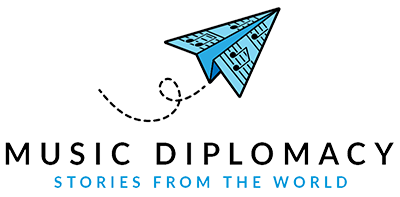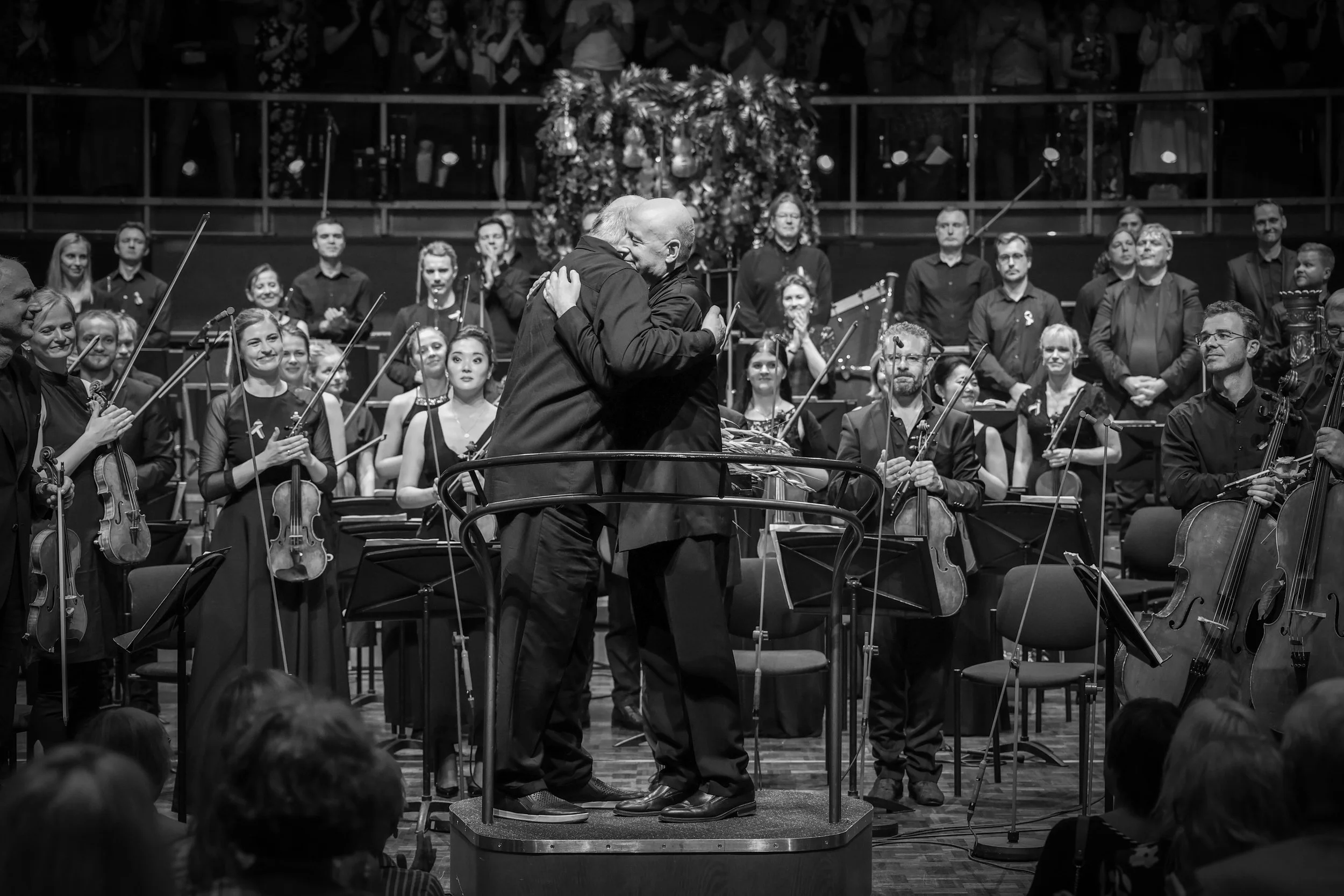Music Diplomacy from Montenegro
150 years ago, a small country in the Balkans inspired European artists to write compositions which are now a valuable part of cultural heritage in Montenegro and Europe. Although burdened by wars and poverty, Montenegro demonstrated an image of brave people and a glorious past for the world. After the restoration of its independence at the Berlin Congress in 1878, Montenegro hosted many European kings, high-ranking diplomats and officials of that era and preserved a lot of artistic compositions that were dedicated to or inspired by Montenegro, and were given as a gift in cultural diplomacy.
The rhythm of the march in Marshe Montenegro, written by French artist, Gabor R. Gabriel, unmistakably allows us to hear decisive steps of heroes. Furthermore, the romantic rhythm of the Gloria al Montenegro waltz by Italian author, Lomellini Tabarca takes us back to the time of the rich cultural diplomacy of Montenegro, when European rhythms could be heard at the court in Cetinje, the royal capital of Montenegro. There is saying by Heinrich Heine who wrote many of the poems that Schubert used for his famous Lieder - “where words leave off, music begins”. Music was then, as it is today, a powerful tool to connect with and develop a better understanding of other nations.
European music of Montenegrin cultural diplomacy
FEMME Foundation
Milica Markovic and Petra Ivanovic, one of the founders of FEMME Foundation which aims to strengthen the position of women in Montenegro, have embarked on one of the most innovative projects in the field of culture and heritage in Montenegro. They found practically forgotten compositions of European artists in the archives of the National Museum of Montenegro in Cetinje. With an expert team of musicians and with the support of the National Museum, 10 compositions written by various European authors were selected to be performed for the first time since they were gifted to Montenegro in the end of 19th century.
“Some of the compositions were originally written for wind instruments or for a smaller instrumental ensemble, which were more common in Montenegro at the time,” says Milica, coordinator of the project. She explained that the process of revitalizing such significant and diverse cultural heritage was a complex endeavor, requiring meticulous research.
Petra Ivanovic, second coordinator, wrote her master thesis on the importance of music as a tool in cultural diplomacy and her research paper was a guide when starting this project. Firstly, we arranged the compositions for the chamber symphony orchestra, enriching the sound and the interpretation of the pieces. “Guided by the goal of making the cultural heritage accessible and understandable to everyone, we decided to use another form of media to complement the music. That is when we started researching video recordings from that time,” explains Milica.
Together with the Montenegrin Cinematheque, we compiled 60 minutes of short videos and films from the end of the 19th century, which showed the most significant diplomatic and cultural events of the time in Montenegro. Some of the films had not been publicized to the Montenegrin audience because they were a gift from the cinematographic archives of European countries, and they had been in storage since they were received. “We recall the moment when we saw these videos for the first time. We were astonished to see the cultural diplomacy that Montenegro has, at the same time we are proud to promote the heritage with others,” Milica reflects, “while browsing through the archive of these video recordings, what was especially interesting for me to see were the short videos from daily life of Montenegrin ordinary citizens of that time, depicted by foreigners. It is very mind-altering to see what sceneries and situations caught their attention and they captured it forever through video recordings and photographs.”
“During the development of the project, when I heard the romantic rhythm of the waltz, I suddenly realized we need a dance element” remembers Milica. Due to all of the expressive forms of media they wanted to display, the European Music of Montenegro was shared with the public through an innovative, multimedia concert.
One of the most impactful moments of the concert was the performance of the composition by the Italian author N. Esposito, which is dedicated to the King of Italy and the Queen of Italy, who is also the Princess of Montenegro. The romantic melody of the waltz was accompanied by a short film of the solemn procession of their arrival in Cetinje after they were married in Rome. The dance element that accompanied the piece transported the audience back to the end of the 19th century through the use of traditional royal clothing, that seemed like it was out of a fairytale book. The combination of the music, the video element, and the traditional clothes and dance created a magical moment that moved everyone in the audience.
The picturesque atmosphere of the performance of the European Music of Montenegro was carried by the historical location of the ceremonial hall of the Government House in Cetinje which is itself a cultural heritage site, and is filled with a lot of the same cultural history that the compositions have. The hall is more than 100 years old; its baroque style architecture lends it a feeling of enchanted luxury and its historical elements such as the paintings on the walls take us back to more romantic times when the waltz rhythms could be heard echoing through the hallways. This ceremonial hall came to life once again with the sounds of the European compositions.
The music was reinvented by the students from the string department of the Music Academy of Cetinje, along with members of the Montenegrin Symphony Orchestra. 25 young people from different cities of Montenegro joined together under the baton of the regionally recognized conductor and arranger Ognjen Bomostar. Together they reinvigorated the compositions for Montenegrin and foreign guests at the concert.
This concert was the first of its kind in Montenegro and in some senses, it contributed to the revival of the rich Montenegrin musical and cultural heritage. Two weeks after the concert, the foundation organized a discussion where panelists conversed about the importance of reintroducing cultural diplomacy into Montenegrin society and how it can be used as a tool to promote intercultural understanding, especially for small countries, like Montenegro.
The importance of such project and the creative potential of this idea was recognized by the European Union, who became the principal donor, along with the German Embassy in Montenegro and the Royal Capital Cetinje. The premiere was attended by delegates of the European Union in Montenegro, Government representatives, as well as citizens who appreciate history and art.
The concert was a great success: it was performed in three other municipalities in Montenegro, and it inspired musicologists across the country to continue researching this segment of musical heritage. The concert was praised as the most innovative project of the past year in the field of cultural heritageby local Montenegrin media outlets.
The European Music of Montenegro will most likely be performed in Germany and Austria later this year, demonstrating the enduring power of culture as a vehicle for diplomacy and understanding.
Milica Marković
Founder, Foundation Creative Women of Montenegro






